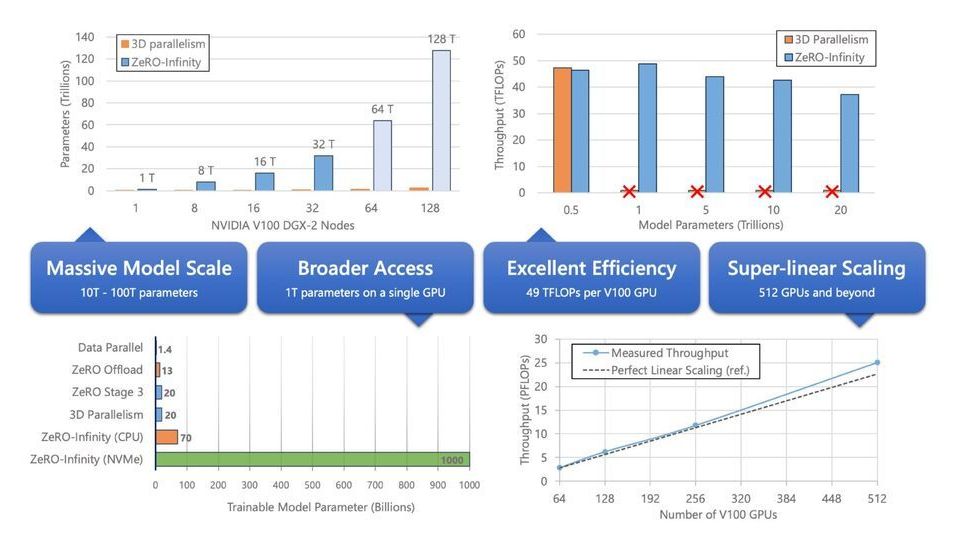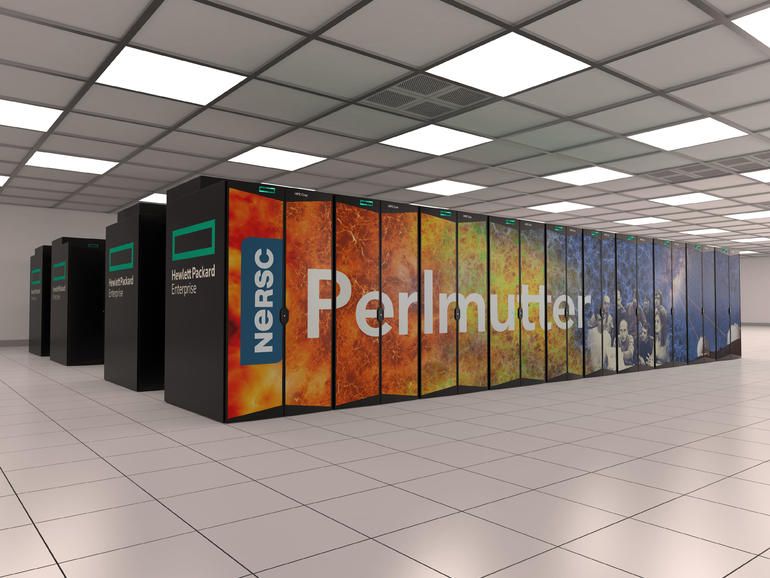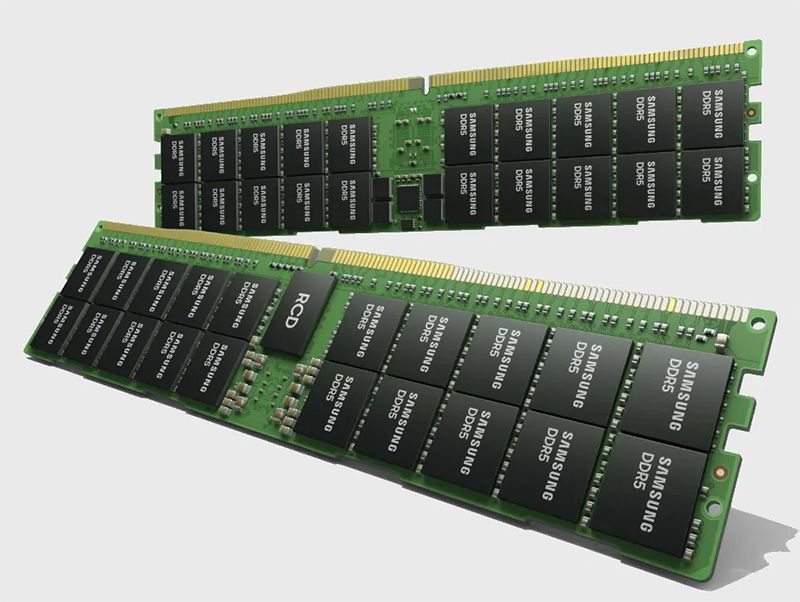Circa 2019
As quantum computing enters the industrial sphere, questions about how to manufacture qubits at scale are becoming more pressing. Here, Fernando Gonzalez-Zalba, Tsung-Yeh Yang and Alessandro Rossi explain why decades of engineering may give silicon the edge.
In the past two decades, quantum computing has evolved from a speculative playground into an experimental race. The drive to build real machines that exploit the laws of quantum mechanics, and to use such machines to solve certain problems much faster than is possible with traditional computers, will have a major impact in several fields. These include speeding up drug discovery by efficiently simulating chemical reactions; better uses of “big data” thanks to faster searches in unstructured databases; and improved weather and financial-market forecasts via smart optimization protocols.
We are still in the early stages of building these quantum information processors. Recently, a team at Google has reportedly demonstrated a quantum machine that outperforms classical supercomputers, although this so-called “quantum supremacy” is expected to be too limited for useful applications. However, this is an important milestone in the field, testament to the fact that progress has become substantial and fast paced. The prospect of significant commercial revenues has now attracted the attention of large computing corporations. By channelling their resources into collaborations with academic groups, these firms aim to push research forward at a faster pace than either sector could accomplish alone.









